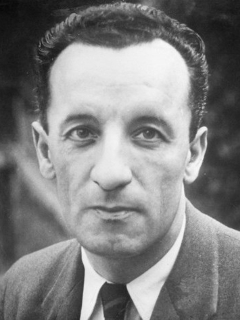
Publication details
Publisher: Springer
Place: Berlin
Year: 2006
Pages: 171-195
Series: Phenomenology and the cognitive sciences
Full citation:
, "How does the bird build its nest?", Phenomenology and the cognitive sciences 5 (2), 2006, pp. 171-195.


How does the bird build its nest?
instincts as embodied meaning
pp. 171-195
in: Phenomenology and the cognitive sciences 5 (2), 2006.Abstract
The concept of instinct has fallen into disrepute, due to a number of problems with the way it had been conceived, mostly related to the concept of innateness. Yet the legacy of instincts survives in sociobiology and evolutionary psychology, in the form of an emphasis on the genetic determinants of behavior. Through a consideration of the two main theories of instinct and the objections that have been raised against them, it becomes clear that existing theories of instinct founder because of their inability to reconcile the psychic and physiological "faces" of instinct. Merleau-Ponty's notion of "being-in-the-world" as a third term linking the psychic and the physiological makes possible a new conception of instinct which escapes these criticisms. At the same time, it opens up a new way of understanding how instincts may operate in human beings.
Cited authors
Publication details
Publisher: Springer
Place: Berlin
Year: 2006
Pages: 171-195
Series: Phenomenology and the cognitive sciences
Full citation:
, "How does the bird build its nest?", Phenomenology and the cognitive sciences 5 (2), 2006, pp. 171-195.

